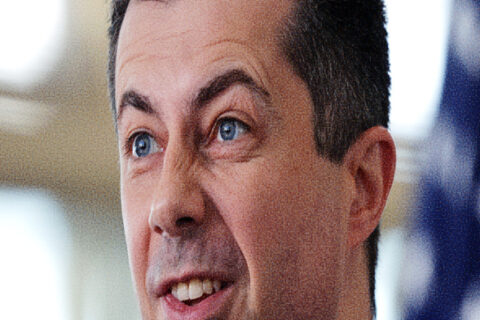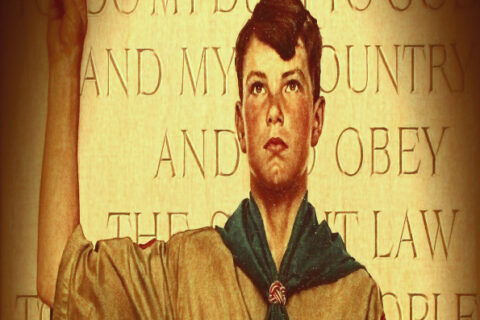In Adam Zamoyski’s highly acclaimed biography of Napoleon, one of the standout topics of interest for me was the Emperor’s views on spirituality and religion. A particularly striking sentence in the book is in reference to his views on communion. He ‘was not enough of a believer for it to be of any benefit, and yet too much of one to wish to coldly commit sacrilege’. After coming to power as First Consul in 1799, Napoleon, despite protests from the political Left, gradually reintroduced Catholicism into France, after 10 years of revolutionary terror. He did this to appease the rural poor – who made up the majority of the population and were ardently religious – and to take the political initiative away from the surviving members of the exiled Royal Family, who were promising the restoration of Christianity if they were allowed to return to power.
Having witnessed the backwardness of 18th century Corsica, the insanity of the far-Left Jacobins, and the incompetence of the Directory, Napoleon had become pragmatic on spirituality. He did not believe in all the religious practises of Christianity, yet he believed in monotheism, and understood the mechanism that spirituality provided in giving the masses morality and peace of mind. It is quite striking that when it comes to religion and spirituality itself, the continent of Europe these days, especially Czechia and Sweden, are now ardently atheist, and align quite strongly with some elements of the Jacobins of the 1790s. It would have been unthinkable 200 years ago that such a fringe belief as atheism would have penetrated so effectively into the mainstream, yet that is exactly what it has done.
Napoleon’s famous quote ‘Religion is what keeps the poor from murdering the rich’ demonstrated his understanding that most people can only accept the existence of inequality and other hard realities in our world if they believe that there is a higher reason for them. Otherwise if, as atheists believe, there is no afterlife, and this is our only existence, then why should anyone accept inequality? This appears to answer the question of how atheism spread so widely when paired with the dominant political drive of today: egalitarianism. The entire system of hierarchy, so essential to civilisation, always tends to buckle and collapse when this very question is asked. It happened in 1789 and 1917, and there is no doubt in our own period we are going through unnecessary madness brought about by people asking that question.
Spirituality and religion, and the belief in providence that goes with it, essentially helps to inoculate humans and their societies from revolutionary periods. If people believe that the inequality in our world happens because of a higher power or spiritual reason, they are less likely to fight against that inequality. There are some hierarchies that are bad of course and need to be changed, but what I am saying is that there must always be some form of hierarchy for stable and productive societies to maintain themselves, and spirituality helps to insure that.
Historians have long pointed out that the emergence of left-leaning atheist/agnostic literature in mid-18th century French cities was a major catalyst that helped cause the catastrophe of 1789. Similar printed pamphlets in Britain after 1815 also helped to create a left-leaning political momentum, which eventually lead to the Great Reform Act of 1832. Although revolutionary change in Britain occurred at a much more steady and bloodless rate than France (at least after 1689), the gradual secularisation and agnostic direction of society from the mid-18th century, coupled with the emergence of left-wing printed pamphlets, lead to a semi-revolutionary pillar that has been in existence ever since. In many ways the ‘march through the institutions’ is really a revolutionary spirit that emerges and effects society when spirituality is not a dominant force.
No doubt more is needed than faith, religion and worship to recover what has been lost in the 20th century, but they are still crucial factors nonetheless. The Pagan vs Christian battles that often occur on social media often miss the point. Whether one form of religion is better, completely true, or even which denomination within a religion provides the best moral purpose, are all questions for a later date. Our societies have been degraded so thoroughly, and Christian denominations have been liberalised so extensively, and our people broken down in so many ways, that teething stages are needed first.
The reality is that hierarchy is the system of nature, and indeed it is the hard truth of our reality. Spirituality in society helps people to accept that fact, because it gives a divine reason for something that is prevalent in all species and ages of history.

Visit The American Sun at The American Sun






Who’s spirituality? Our spirit or one derived from a foreigner race?